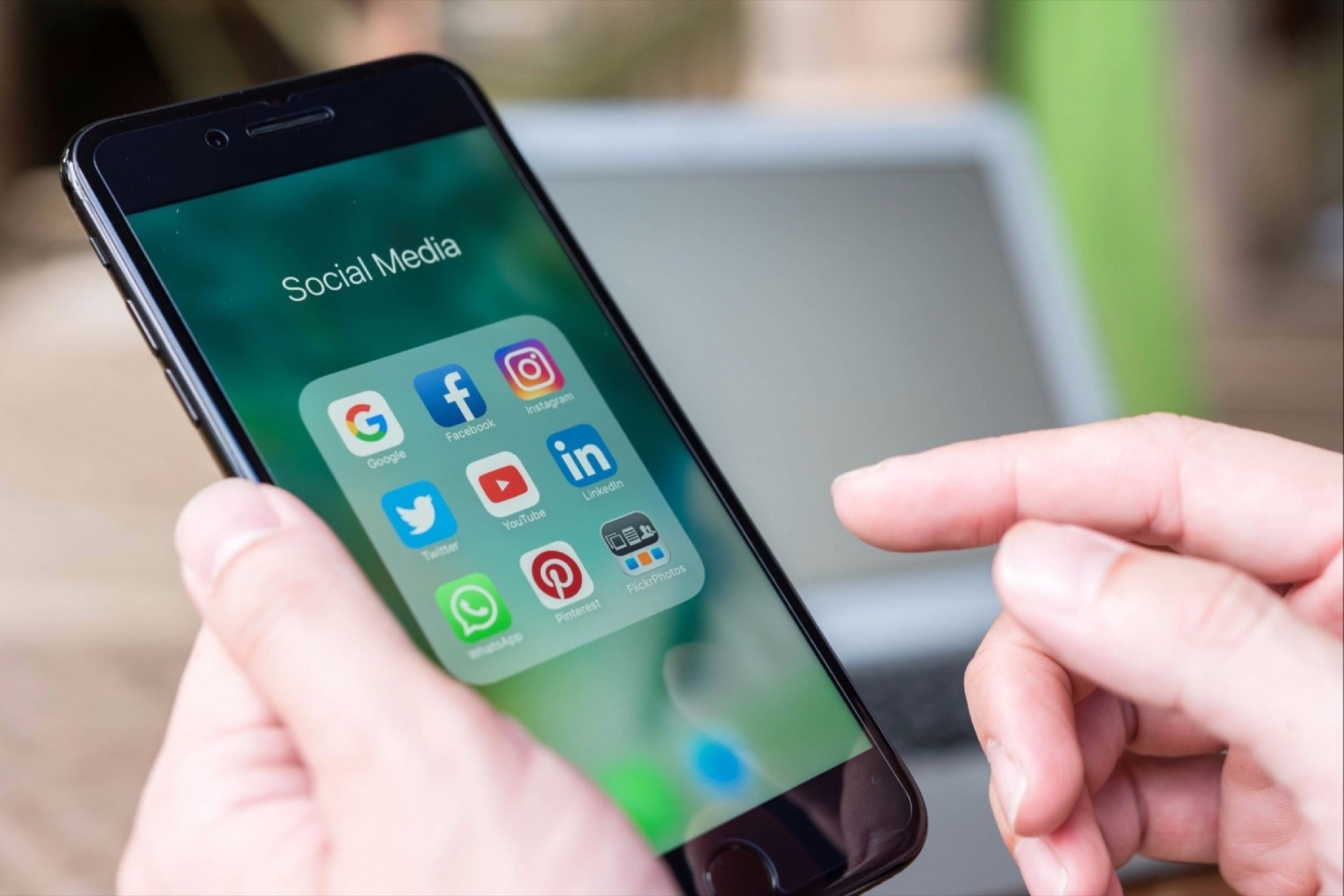Apps, E-commerce & Online: How Can Marketers Buck the Trend in Mobile Shopping Proliferation of messaging apps and high usage of search feature have triggered innovative brands to explore opportunities in these frontiers
Opinions expressed by Entrepreneur contributors are their own.
You're reading Entrepreneur India, an international franchise of Entrepreneur Media.

Most shopping journeys begin with a Google search or through an act of expression of interest on a communication channel. This becomes interesting when mobile enters the scene, as it carries with it the immediacy of context and the moment of need.
This is what defines a successful mobile customer tactic. We call it a "mobile instance'.
These instances are opportunities for businesses to market and sell products and services to customers. Add this to the ever-increasing number of transactions on mobile, and we get the rationale for having a well-defined mobile strategy.
Smartphone users are always "active' and they like to stay that way: According to a research, you would unlock your phone more than 100 times a day. Chances are — if you aren't spending time on social channels, you are "pre-shopping' across different categories even while on the go. An app which is expressive, responsive and provides right contextual information goes a long way in capturing the required attention.
Smartphone users are biased towards mobile services: As per research by Forrester, services such as mobile banking will replace online banking for routine interactions. And, in a country such as ours, where mobile penetration is far higher than that of desktops with a high linguistic diversity index, mobile services with local language support will be a boon for marketers and customers alike.
Smartphone users do love branded mobile apps: On an average, a customer spends about 1 hour 19 minutes using the apps of their choice — and only five apps get their prime attention (about 84% of the time). So, it doesn't make sense for every marketer to have an app ready in their overall mobile strategy. But, strategy to plug into those apps for promoting the products or services is quintessential.
Aligning & re-aligning tactics has become essential for marketers
Brands are disrupting all known principles of marketing and communication utilizing the latest measures in technologies related to localization, language understanding, sales, service, and CRM. Even the so-called straight-jacket analytics is getting influenced by data from social chatter. Often there is a need for marketers to reposition their mobile tactics to fit into their marketing efforts.
Marketers need to realize that a mobile is a tool, not a channel: You have been brainwashed if you still consider apps help drive repeat purchase. No, an app is just that: an app; a mobile is considerably a bigger entity. It creates new opportunities for you to connect with your customers. Now with IoT foraying into our lifestyle, mobile helps in deepening the relationship with consumers thereby adding more to social relevance. Technologies such as Augmented Reality have made mobile a tool by bringing digital experiences into the physical world.
Marketers need to connect with consumers in real time: Contextual information is much more powerful than mobile ads. And when it is displayed to the smartphone user while interacting with the device, he is open to accept more communication from you—as long as you, the marketer, are able to decipher the true intent of the user. For this, understanding the user's language and context is of utmost importance.
Marketers need to understand where mobile efforts overlap with online: Most marketers think that their online initiatives can be scaled down to suit the smartphone users. In the end, they tend to focus on adapting content to the size of the screen and believe that their mobile strategy is in place! Instead, they need to go to the drawing board to figure out delivering contextual experiences that answer customers' needs in their mobile instances.
Marketers need to leverage AI and computational linguistics to power their contextual touch points: The proliferation of messaging apps and the high usage of search feature has triggered innovative brands to explore opportunities in these frontiers. The result was the development and deployment of AI and computational linguistics. This enables brands to deliver appropriate contextual information to real-time user interactions and browsing behavior.
Mobile is rocking the world of commerce in a funky new avatar: this time, not as a channel in the broader online customer engagement strategy, but as a tool that can help in engaging with the customers during the "mobile instances' in their shopping life cycle.











